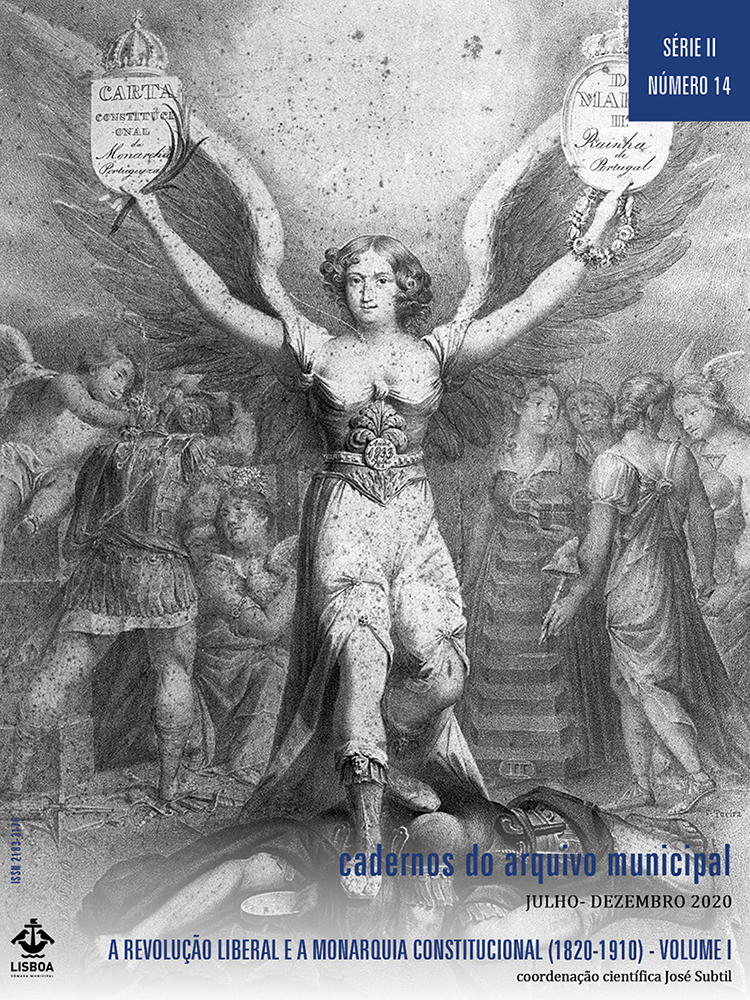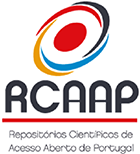Parliament, Government and legislative production in the first phase of Regeneration. Legal standards and political practices (1851-1865)
DOI:
https://doi.org/10.48751/CAM-2020-1492Keywords:
Liberalism, Constitutional Charter, Parliament, Legislative production, Political practicesAbstract
The functioning of the institutions and the political practices of the agents of power, throughout the 19th century, contributed decisively to the definition of the regime enshrined in the Constitutional Charter of 1826 and established a significant gap between the formal constitution and the real constitution. Legislative production and the relations established between Parliament and Government highlight this gap and reveal mechanisms of informal and fundamental political communication for the approval of governmental legislative proposals. This article analyzes the legislative production in the period between 1851 and 1865 and characterizes the internal functioning of Parliament, as well as its relationship with the Government in order to approval of laws. It also analyzes the phenomenon of dictatorships and the way in which they became a political practice accepted by all those involved in the legislative process.
Downloads
Downloads
Published
How to Cite
Issue
Section
License
Copyright (c) 2020 António Pedro Manique

This work is licensed under a Creative Commons Attribution-NonCommercial 4.0 International License.
The authors retain copyright and grant the journal the right of first publication, with the work simultaneously licensed under the Creative Commons Attribution License CC BY-NC 4.0 which allows sharing and adapting the text as long as its authorship is correctly attribbuted with recognition of the initial publication in this journal.









